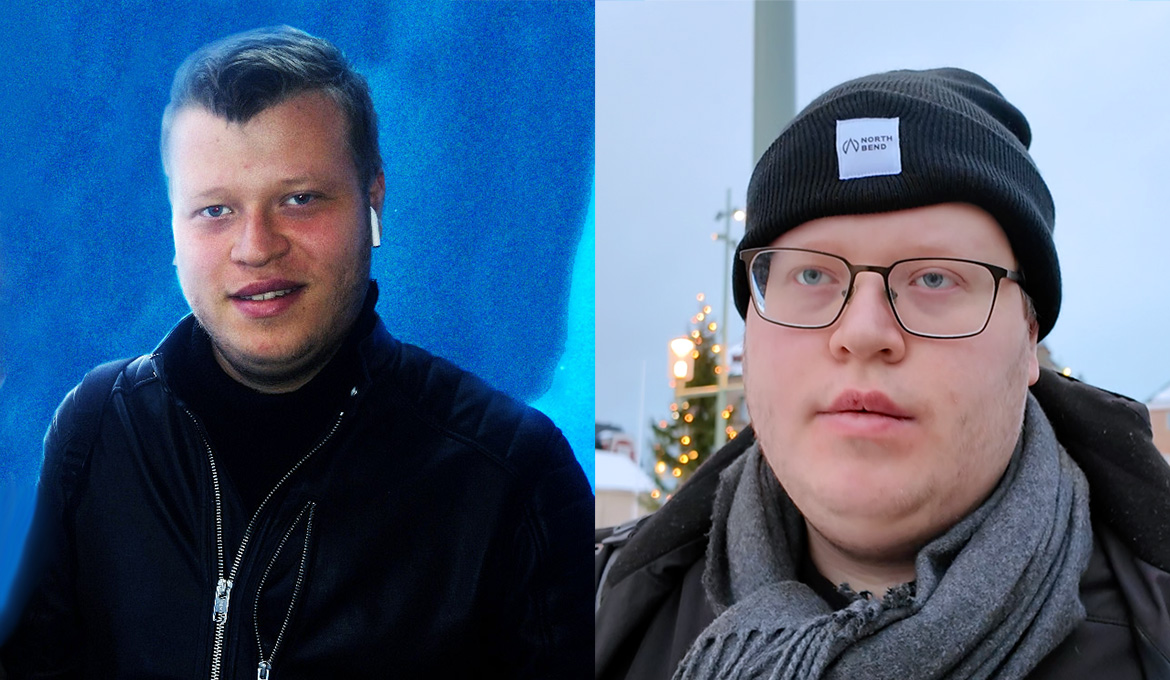Felix Prince was born in New York into a well-known family in the entertainment industry. He is the grandson of the late Harold Prince, an American theatre director and producer known for his work in musical theatre. NewsVoice continues to publish the Felix Prince story in a series of articles.
NewsVoice decided to dig into the case, and with small resources, we tried to understand Felix’s situation and describe it to our readers and viewers. Locked-up but mentally recovered people remaining in psychiatric wards are not uncommon in Sweden. This is the third article in the series.

Harold Prince was one of the most well-known figures in 20th-century American theatre. He was associated with many of the most noteworthy musicals in Broadway history, including West Side Story, Fiddler on the Roof, Cabaret, Sweeney Todd, and Phantom of the Opera.
Felix grew up early in this musical family and became a piano prodigy. At eight, he could play classical music and conduct musical pieces. The well-known Finnish conductor Jorma Panula attests that Felix was a promising pianist who could conduct or play advanced musical pieces such as Schubert Symphony No. 8/9 and Rachmaninov.
Jorma Panula, Jan 22, 2024:
”Felix Prince conducted Schubert Symphony No. 9 already at an early age. He performed by heart, showing strong, convincing leadership with Wasa Sinfoniorchestra, who gave him long-supported applause after his performance. Felix has always been a very interested, positive, and observant student.
Beethoven’s Symphony No. 3 was his choice a few years later, an advanced repertoire for a young, talented conductor at the beginning of a successful career. I endorse his talent, and I’m convinced many professional orchestras will love him.”
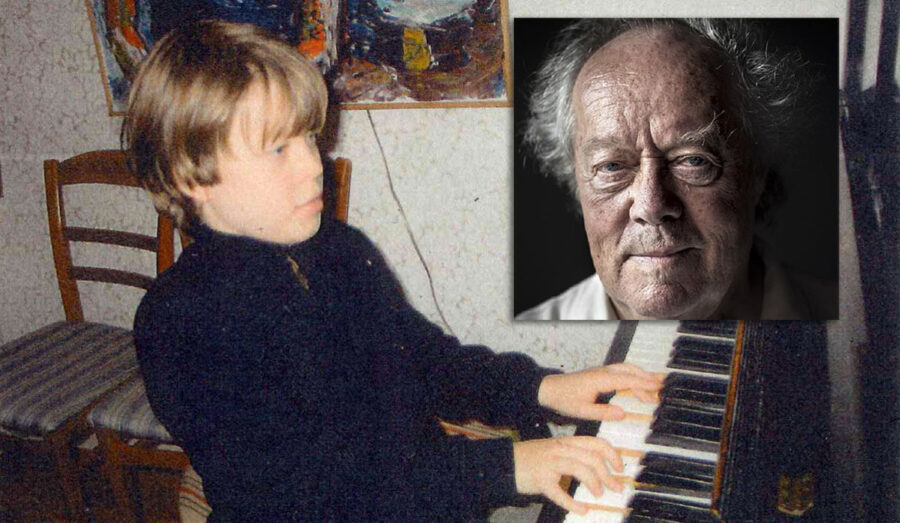
The fall
When Harold Prince died aged 91 on July 31 2019, in Reykjavík, Iceland, Felix was deeply saddened and struck by the event. He became violent and was taken into a psychiatric ward in Reykjavík.
Since the Icelandic medical team thought Felix would have better treatment at Stockholm Karolinska CMMS—Center for Inherited Metabolic Disorders, he travelled with his Swedish-born mother, Christina Prince, to Sweden, where he ended up at The Regional Vadstena Forensic Clinic.
This choice proved to be disastrous.
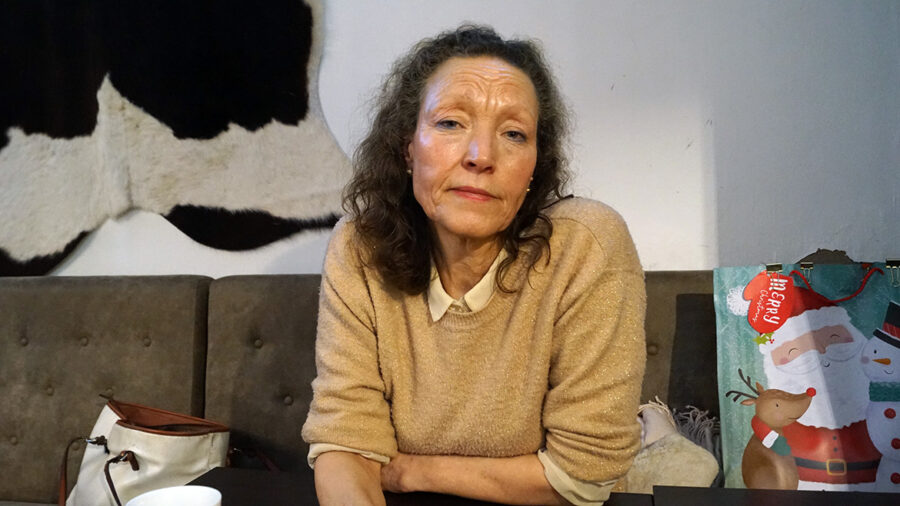
Unacknowledged diagnosis in Sweden
Christina Prince tries to get her son Felix out of the forensic clinic, but chief physician Erik Nilzén refuses to listen. Christina says the hospital will kill Felix, who is suspected of suffering from a food allergy and a rare medical condition called paradoxical reaction.
Many insiders recognize this type of problem. A person ends up in closed psychiatric care or forensic psychiatry and must comply with strict procedures and compulsory medication.
Any physical resistance leads to further medication, isolation and restraint.
Any counter-reaction is interpreted as evidence of mental illness. Doctors interpret obedience and compliance as success. In the case of Felix, this is a daily reality.
Paradoxical reaction means Felix reacts violently and negatively to the medication. Counter-reactions can include diarrhoea and outbursts of anger.
Sedatives paradoxically trigger aggression, pain and heart palpitations. Felix is trapped in his body, plagued by damaging chemicals that are destroying his physiology. Because he has no control over his body, he is stuck in a chemical restraint system.
Christina Prince wants to raise awareness of the critical problem of inherited metabolic disorders and food intolerance that can mimic mental illness. The goal is to create a change in the criminal code so that people suffering from these physiological problems cannot be sentenced to closed psychiatric care where they are medicated with drugs that create further mental illness.
Dr. John Salerno, New York, November 19, 2018 stated:

”Felix Prince suffers from a severe disorder called C677T and A1298C genetic defects; this disorder has not been diagnosed until a few years ago. This disorder does not allow for the proper production of brain neurotransmitters such as dopamine, epinephrine, serotonin, and neuroinephrine. Compounding with this verified TBI and PTSD [Post Traumatic Stress Disorder]. Consequently, Felix has a hard time focusing and with behavioural issues”.
Associated Professor in neuropsychiatry, Björn Regland and Bo Jonsson, Head Dr. in Psychiatry, Karolinska Institute, stated on the 17:th of May 2021:
”We are strongly critical to the given treatment and feel a deep concern as to the inability of the Regional Forensic Psychiatric Ward in Vadstena to handle this situation if treatment is carried on in the same manner and is totally disregarding Felix’s underlying disorder, Autism Spectrum Disorder (ASD) and food intolerances, young Felix is apt to progressive break down to need institutional care for the rest of his life.
Medical treatment needs to get away from counterproductive antipsychosis and to find a treatment that is relevant for a patient with Autism Spectrum Disorder (ASD).
In order to contribute in this part (p. 4-6) we recommend a Complementary Medical Treatment Strategy in accordance with Dr. Salerno’s successful treatment of Felix in 2018…”
Dr. John A. Castorina, LMHC, New York, on March 8, 2021, wrote in his paper ”A Need for a New Paragraph in the Criminal Code”:

”I understand that patients can deteriorate, but I would like to recommend that he [Felix Prince] be given a re-evaluation outside of the institution to determine more specifically his present mental status and because of the solitary confinement he has been subjected to.
This is obviously destructive to his mental health and will only exacerbate his condition.
There are evidence-based alternate treatments available in the US and Europe that could be more helpful and therapeutic”.
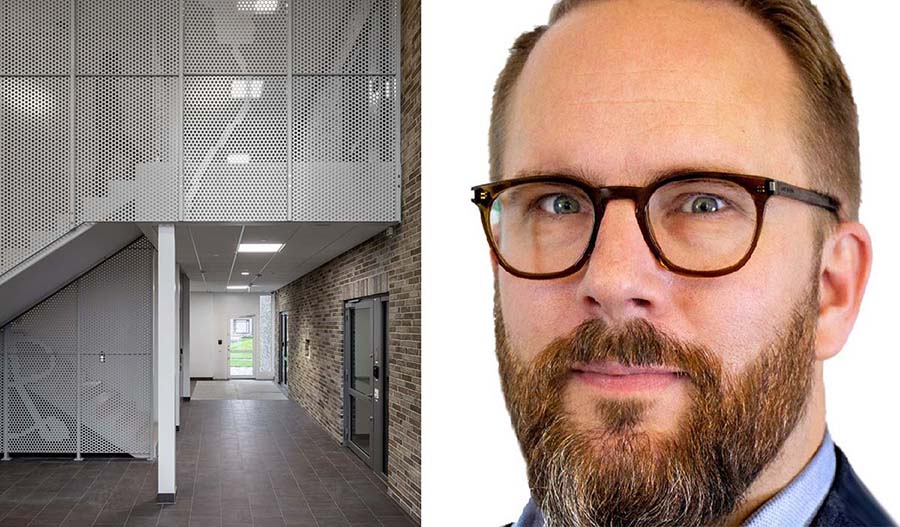
Violent crimes may be rooted in undiagnosed people with severe metabolic sensitivity
Christina Prince says that 20% of all violent crimes are deeply rooted in undiagnosed people with severe metabolic sensitivity. Many of these are victims of undiagnosed food intolerance. Other countries such as the US, Norway and Finland have a much better understanding of this link between food allergies, mental disorders and paradoxical reactions to drugs.
The problem is the systemic thinking in Swedish psychiatric care and forensic medicine, which refuses to recognize a lack of understanding and knowledge.
Christina says this is despite several doctors having made statements on the Felix case, but the chief physician, Erik Nilzén, refuses to listen.
His mother describes Felix as a very intelligent and sensitive person who needs everything a developed human being might need, but Felix is deprived of these stimuli. Instead, he is shackled, drugged and isolated.
Felix Prince may be a typical example of a neglected person who requires a completely different kind of care than that based on routine heavy medication without regard to the patient’s physiology.
To illustrate Felix’s situation, NewsVoice let the freelance journalist Robert Rosenqvist interview the mother. However, we also earlier published parts of a telephone conversation between Christina Prince and the chief physician, Erik Nilzén, who is responsible for Felix’s health and care.
Christina recorded the conversation without Nilzén’s knowledge, but the recording also means that Nilzén’s version of the situation becomes public knowledge alongside Christina’s perspective.
Christina Prince says that ”The New Prince-Paragraph” in the Criminal Code is needed to account for special cases. Therefore, criminal suspects must be investigated if they suffer from food allergies or metabolic disorders.
The treatment has to be stopped, as it is both abusive and toxic rather than curative. Felix needs real care at another clinic, but those in charge at the Vadstena clinic refuse to let him move to a better place. The reason is that Felix brings in at least 800 USD per day, according to the current ”price list”.
The situation worsened for Felix as he was abused 16 times at the Vadstena Forensic Psychiatric Clinic. Felix Prince, a trained musician and pianist, had his right hand bloodied and crushed three times between August and September 2021 by a caregiver who allegedly told Felix:
”No one will believe you. There’s no point in you reporting it”.
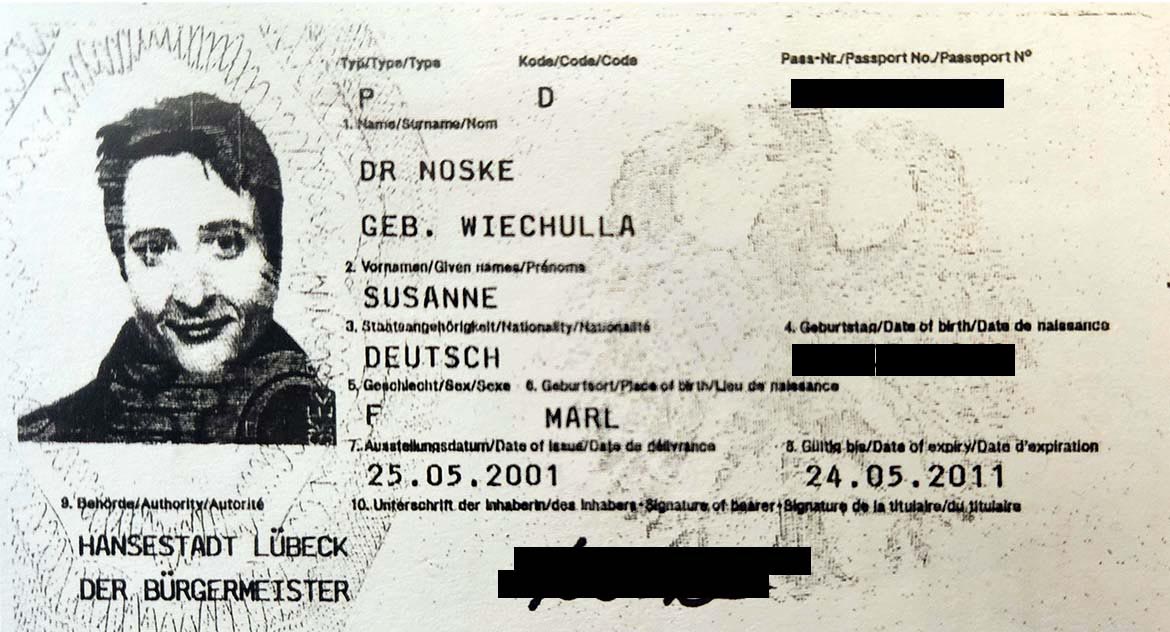
Dr Susanne Noske is dividing mother from child
Since September 2021, Dr Susanne Noske, the doctor in charge, and Erik Nilzén, the chief physician, have been blocking the mother’s right to visit Felix, and they must follow up on the injuries by ensuring that Felix receives the right care and the opportunity to report the abuse to the police.
Christina Prince was informed in September 2021 that her son was ”sick” and should not be contacted. Six months later, Felix is suffering from inflammation and constant pain in his right hand.
Felix Prince has been beaten by caregivers 16 times during his stay at the forensic psychiatric clinic in Vadstena without the injuries being x-rayed or reported to the police. Felix has also been punched 11 times in the face and jaw by fellow patients when the caregivers were observing. Felix was assaulted twice by a 63-year-old nurse, who pushed him against the cement floor of the room, says his mother
Felix’s right hand was injured three times by a caretaker in the shutter of the door during a period of total isolation.
In October 2021, Chief Supervisor Erik Nilzén blocked all access, citing a paragraph referring to ”detrimental influence on care”. This prohibits the mother from seeing and communicating with her son.
On March 4, 2022, Felix Prince was described as ”neither fully treated nor fully investigated” and that he ”suffers from a serious mental illness with a risk of relapse into a serious crime”.
Despite the evidence, Felix was sentenced to forensic psychiatric care in 2020 and has survived five years of ”medical punishment”, says Christina.
At the Administrative Court hearing on March 4, 2022, Felix explained that the treatment caused him bodily pain and impaired cognition and that due to a lack of regard for his bodily health, he has developed an excess weight of 100 kg since he arrived in 2020.
Felix is still today locked up, isolated and heavily medicated at the Vadstena facility even though he hasn’t been violent for more than 4-5 years. They even prevent Felix from taking natural and nutritious supplements. Instead, they keep giving him the medicals and foods that make him sick.
Christina Prince:
”They have hospitalized Felix for life, and I fear for his life.”
Felix turns 27 years old in August 2024. The medical staff at Vadstena claim that Felix’s skills as a pianist are part of his psychiatric diagnosis.
Coming up: Video report about Felix Prince
Related (previous articles in Swedish)
- NewsVoice: Rättspsykiatriska Vadstenakliniken misshandlar patient – Får c:a 8000 kr per dag – Fallet Felix Prince
- NewsVoice: Metabol störning och matallergi kan ge psykisk sjukdom och våldsbenägenhet – Fallet Prince

